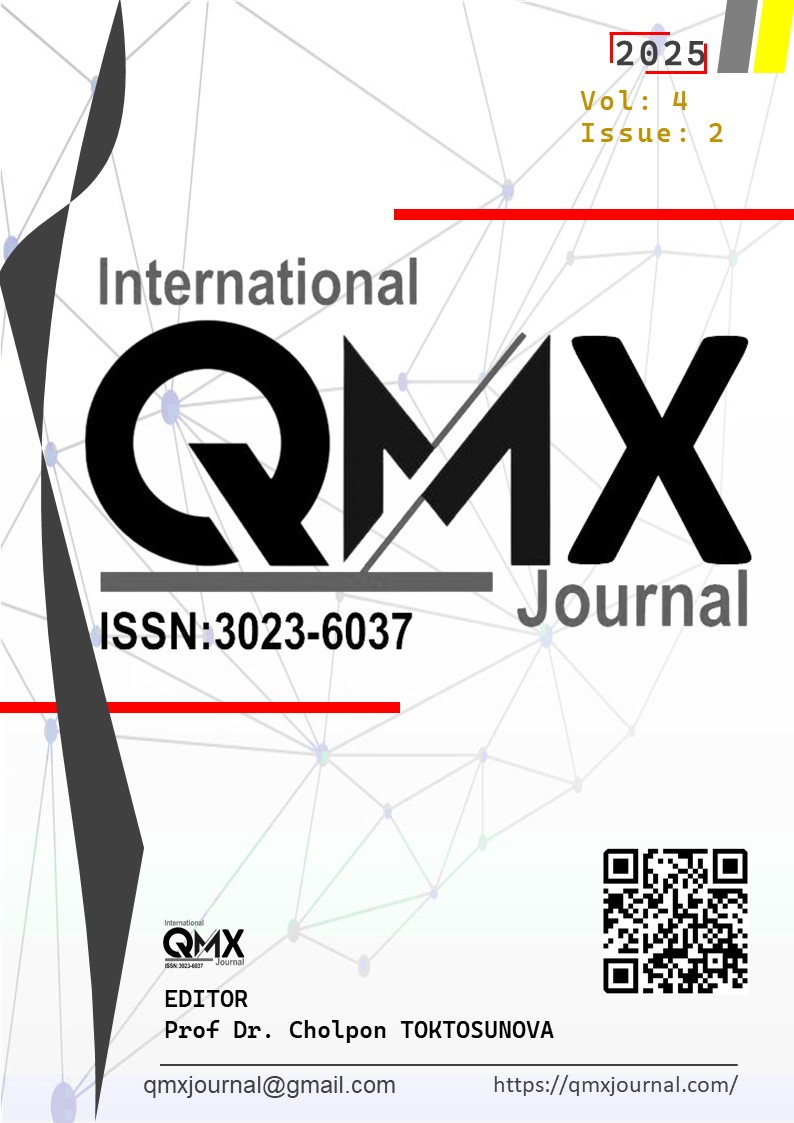Author :
Abstract
Bu araştırmanın amacı; taşıma eğitim sisteminin uygulandığı okullarda yaşanılan sorunları belirleyerek bu sorunlara çözüm önerileri getirmektir.
Çalışma yapılırken nitel araştırma yöntemlerinden durum çalışması metodu uygulanmıştır. Araştırmaya kaynak oluşturan veriler literatür taraması ve yarı yapılandırılmış görüşme formları aracığıyla toplanmıştur. Araştırmanın örnekleme Samsun ilinin Çarşamba ilçesinde taşımalı eğitim sisteminin uygulandığı ilk ve ortaokullar olup örneklem olarak ise en fazla taşıma kapsamında öğrencinin bulunduğu 13 okul tercih edilmiştir. Araştırmaya bu okulların müdürleri gönüllü olarak katılmıştur. Katılımcıların isteği üzerine isimleri paylaşılmamış olup katılımcıların istemediği soruya cevap vermeme özgürlüğü tanınmıştır.
Çalışma sonrasında ortaya çıkan sorunlar taşımalı eğitimde kullanılna araçların bakımsızlığı, araç şoförlerinin yeterli eğitimi almış olmaması ve öğrencilere kaba davranması, taşıma kapsamında gelen yemeklerin kalitesiz oluşu, taşımanın yapıldığı okulun fiziki donanımlarının yetersiz olması ve taşıma kapsamında bulunan öğrencilerin okulun mesai saatleri dışındaki sosyal etkinlere katılamaması olarak belirlenmiştir. Okul yöneticileri denetimlerin arttırılması ve denetim sonucunda gerekli yaptırımların uygulanması, şoför ve yemek konusunda kalitenin arttırılması ile taşımanın yapıldığı okulun teknik altyapılarınnı güçlendirilmesi gibi öneriler getirmiştir
Keywords
Abstract
The aim of this study is to identify the problems experienced in schools where the transportation education system is implemented and to propose solutions to these problems.
While conducting the study, case study method, one of the qualitative research methods, has been applied. The data constituting the source of the research have been collected through literature review and semi-structured interview forms. The sampling of the research is the primary and secondary schools where the transportation education system is applied in Çarşamba district of Samsun province, and 13 schools with the highest number of students within the scope of transportation have been preferred as the sample. The principals of these schools voluntarily participated in the study. Upon the request of the participants, their names were not shared and the participants were given the freedom not to answer the questions they did not want.
The problems that emerged after the study were determined as the lack of maintenance of the vehicles used in transportation education, the lack of adequate training of the vehicle drivers and their rude behavior towards the students, the poor quality of the food provided within the scope of transportation, the inadequate physical equipment of the school where transportation is carried out, and the inability of the students within the scope of transportation to participate in social activities outside the working hours of the school. School administrators made suggestions such as increasing inspections and applying the necessary sanctions as a result of the inspections, increasing the quality of drivers and food, and strengthening the technical infrastructure of the school where transportation is carried out





